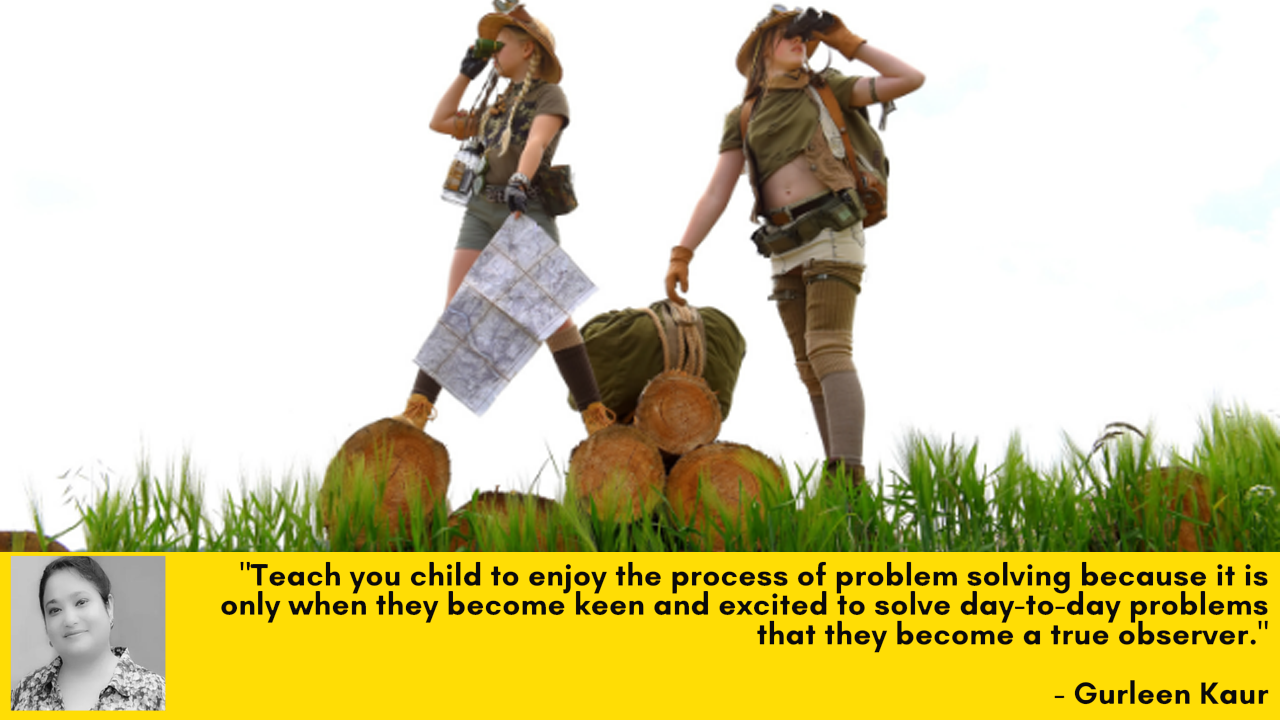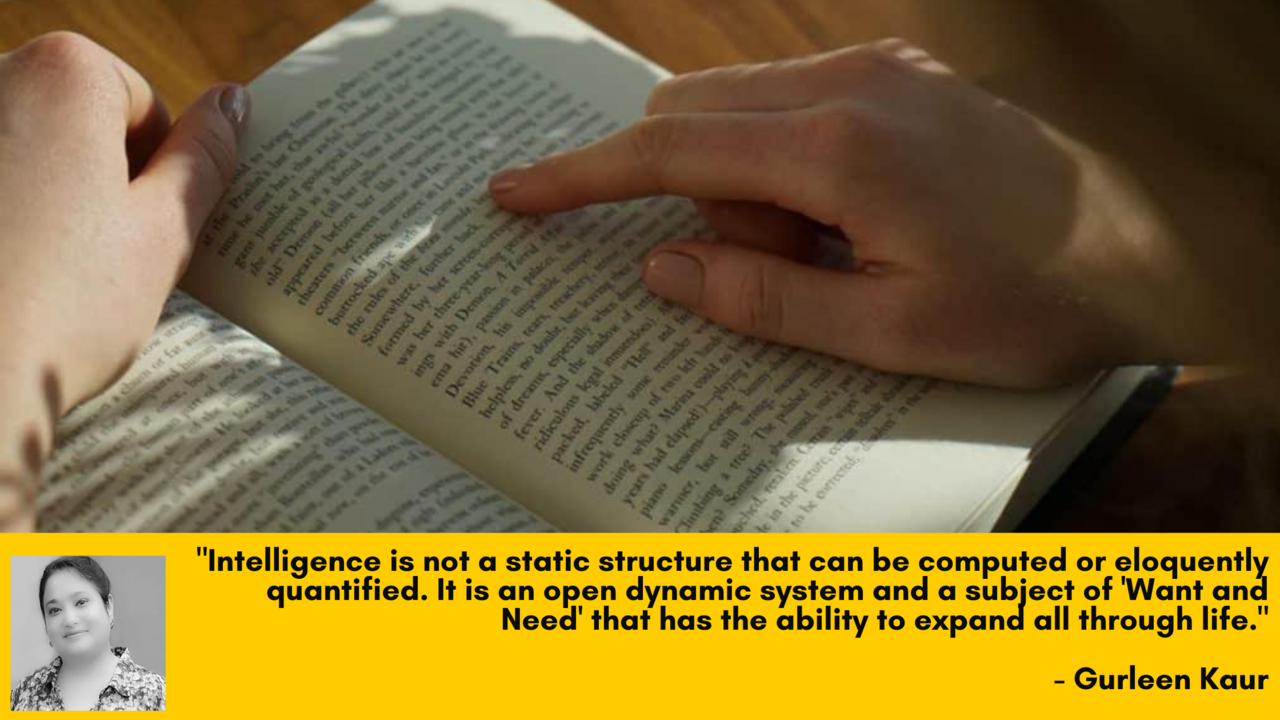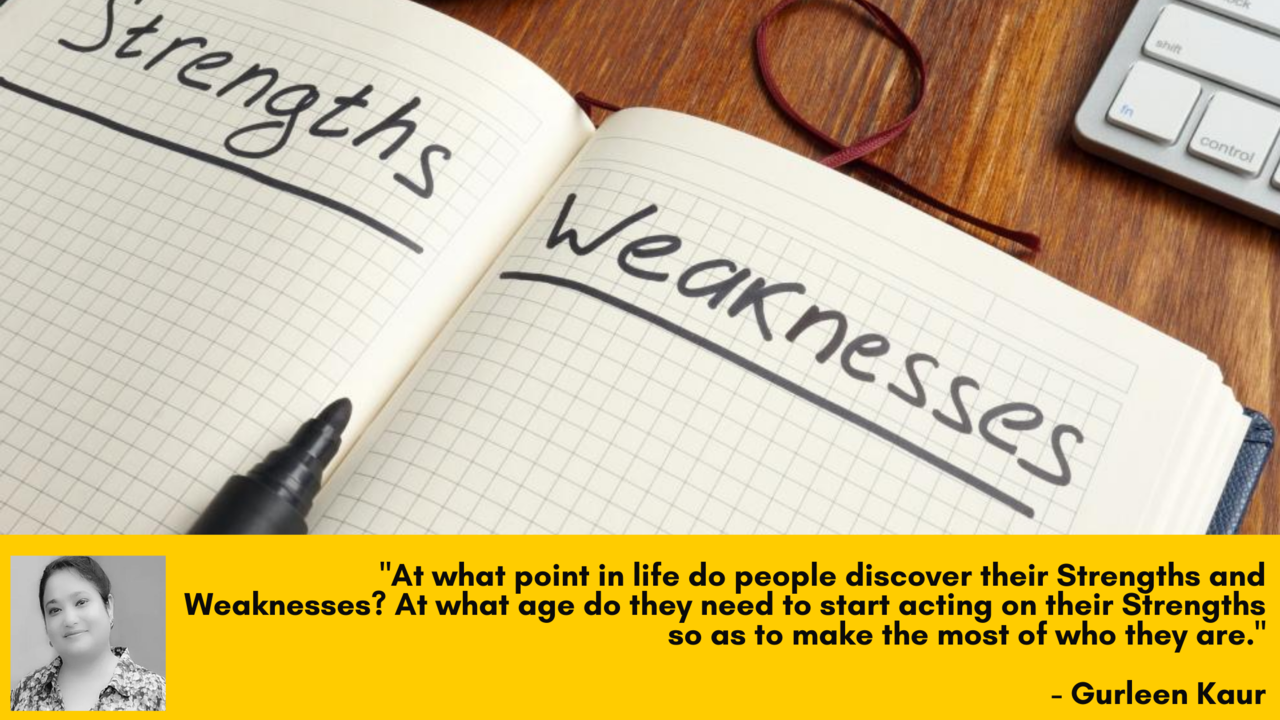Empowering Your Child: Strategies to Foster Motivation After Setbacks

From the moment your newborn takes their first breath, life becomes a roller coaster. There are incredible highs—like watching your child take their first steps or say their first words—that fill you with pride and joy. These milestones are memories you'll cherish forever.
But life isn't always bed of roses. Just as there are sunny days, there will be rainy ones. Watching your child feel sad or defeated after a setback is painful, and you may feel powerless to ease their hurt. Perhaps they poured their heart into a competition only to fall short, or they studied hard for an exam yet didn’t get the grades they hoped for. In these moments, it’s natural to feel anger toward circumstances or to express frustration, thinking you’re helping them move past their disappointment. But this can often intensify their feelings of defeat.
Remember, setbacks are the foundation of success. Your child likely stumbled many times before they walked. If you had discouraged them from trying after those f...
Become Unstoppable: 6 Ways to Boost Your Mental Toughness

If life could be described in one word, that word would most definitely be 'change'.
Job roles evolve, team dynamics shift, market trends fluctuate, and your career path can take unexpected turns. There are days when you’re hitting milestones, earning recognition, and feeling successful. But there are also days when challenges pile up, setbacks hit hard, and everything seems to fall apart. During these times, it’s easy to feel overwhelmed, questioning your capabilities.
The truth is, mental resilience isn’t innate—it’s built. Within each of us lies untapped mental strength, especially when things get tough. Strength comes from training yourself to stay resilient when challenges arise. As Leon Brown said, “It all begins and ends in your mind. What you give power to has power over you.”
You can’t always control work obstacles—unexpected changes, tough clients, or missed targets—but you can control your response. Choose to face setbacks head-on, growing stronger and wiser. Even if you ca...
Unlock Peak Performance: Transform Stress and Anxiety into Happiness

Work can feel overwhelming when everything hits at once—urgent deadlines, back-to-back meetings, and endless emails. The pressure builds, and suddenly, it feels like you’re losing control. Your mind is overloaded, making it hard to focus, as if you’re stuck in a mental fog, wishing for a break.
In those moments, stress can be intense. Maybe you’ve snapped at a colleague, shut down during discussions, or zoned out, hoping for a pause. But how do these reactions—anger, frustration, or withdrawal—make you feel afterward? Rarely do they bring relief; instead, they leave regret and strained relationships at work.
Professional stress doesn’t appear overnight. It builds up from constant pressure, unmet expectations, and the feeling that you're always on. This stress starts affecting your performance, mindset, and interactions with your team. If unchecked, it can lead to burnout, reduced productivity, and workplace conflict.
But it doesn’t have to be this way. Let’s explore how to navigate ...
6 Ways to Increase Productivity and Organizational Skills


Marie Kondo is a well-known Japanese organization consultant and author. In the year 2015, Time Magazine incorporated her name amongst the world’s 100 most prominent people.
Although she has authored four books on organization, her recent publication, ‘The Life-Changing Magic of Tidying Up: The Japanese Art of Decluttering and Organizing’ is a global rage and has been published in about 30 nations.
Her system of organizing is termed as the KonMari Method. The highlight of this methodology is conducting the exercise of decluttering. Through retaining only those items that truly “spark joy” within your soul. (This term is referred to as Tokimeki in Japanese, which signifies adjectives like “flutter, throb, palpitate”).
Look around your house and you would realize that there is so much stuff that has been lying unused for more than a year, clothes, books, shoes, gadgets, and a lot more. We keep this stuff thinking we would use it someday, now chances are if you have not been able to...
Observation Skills - Unlock the code to your child's inner Detective

I am sure the famous detective character of Sherlock Holmes intrigues us all on many levels. We all secretly envy his spying potential and observation skills but fail to realize that we too were born with the same abilities that lie dormant within us today! This epitome of deductions or the Paragon of Logic was not superhuman. Unlike us, he merely cultivated what he was born with.
If you have been looking around for personality development courses for your children or just want them to carry around the one-of-a-kind aura; then this skill is your one step closer to that goal.
If I were to ask you to spell out your exact thoughts at this very moment, what would they be? I am convinced that across the board for all adults and children, it will be something revolving around your daily schedule or routine life. More often than not, our ‘Brain Attic’ is saturated with agendas such as how should I make this presentation more attractive? What should be cooked in the next meal? Why was my co...
Enhance Learning with these 7 Speed Learning Tips

Have you ever noticed how naturally or effortlessly we are able to recollect episodes of childhood from our real-life experiences? In contrast to these memories, learning and then remembering a chapter of History from grade X could surely seem to be a colossal task.
Similarly, even today narratives of books that we choose to read of our own accord get etched in our memory for a much longer duration than everyday newspaper readings of regular world politics.
Have you ever wondered or discerned WHY?
This happens because during experiences that we indulge in or readings that we take up on our own accord, our brain sensors are on high alert.
These episodes adhere to our memory as they connect with our life segments. Psychologists refer to this as Context-Dependent Retrieval.
This is when a particular context/environment serves as the retrieval cue and makes us recall events because it is associated with the stored memory.
This is also the reason that students often sit in the s...
Strengths and Weaknesses - Could your Weaknesses be your Strengths in Disguise?

What are your Strengths & Weaknesses? I remember being asked of this numerous times, right from my school days when I interviewed for the post of my School Captaincy, to the time when I interviewed for the becoming the Head of a senior secondary school. I remember preparing for a polished answer to this question until I realized of the deeper question that remains unanswered.
Why is it so important for employers to know their strengths and weaknesses? Is it just a standard question or is there more to it? Here is what I learnt when I started asking these questions while hiring people into my organization: it is an inevitable question because people make the most important judgement about your character, about your Self Awareness, about your Personal Intelligence all through this one question. Did you know what is the one common thing between all successful people? It is Self-Awareness. They know each one of their strengths and understand the fact that every weakness is actually a cove...
80-20 Rule and Other Powerful Steps to Excel in Academics

What is the 80-20 rule? Does it really cut back on 80% of the work? Can it help you excel in exams? What other extremely powerful ways other than the 80-20 rule can you start using right now? Let’s find out!!
Here is a scenario: you love school. You enjoy going to classes, you love your peers as well as your teachers.
You take care of their homework, don’t ever miss school, work hard but the results just don’t seem to be coming through? Are you not smart enough as that other kid who just spends 2 hours and yet gets the grades that surpass yours when you haven’t even been getting good sleep this entire exam period?
Here is the thing- staying up all night, getting less sleep, while putting in more study hours and sacrificing time on other beneficial activities is not how a student gets good grades.
Bill Gates once said that he would rather hire a lazy person because they seem to get the same things done faster than a person who works hard and in a manner that is just as accurate.
...

